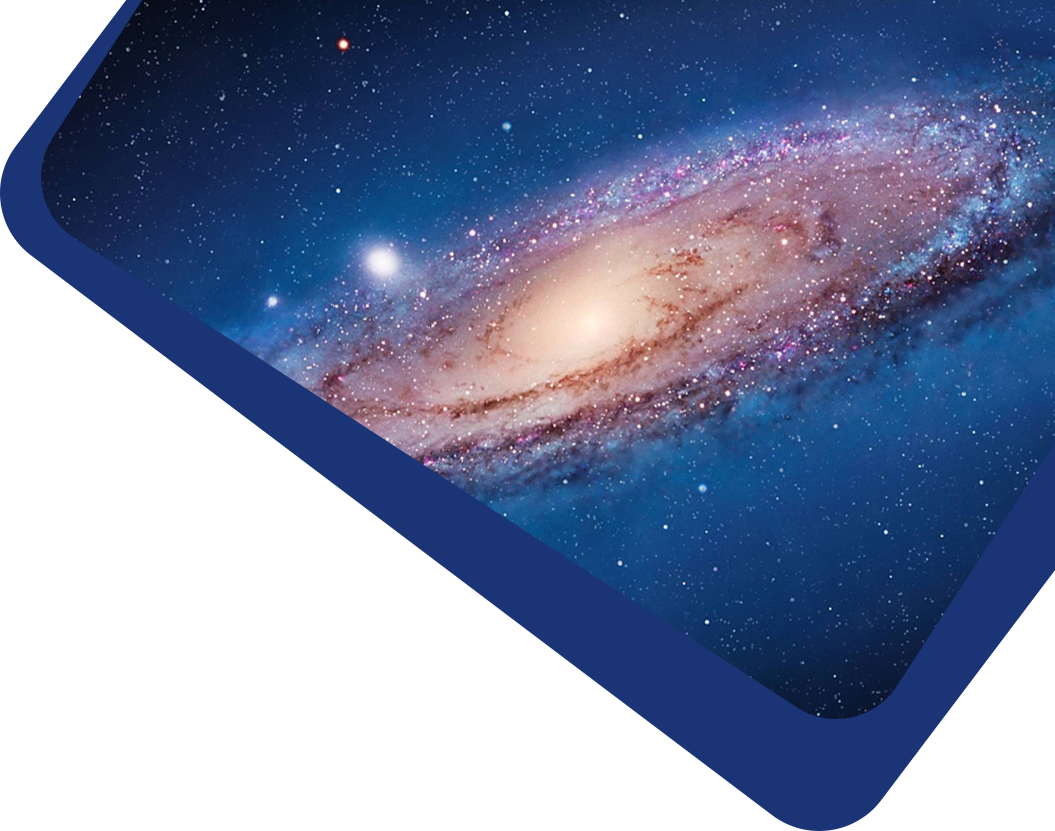

Abstract This paper presents multicolor optical photometry of the nearby galaxy cluster Abell 119 (z = 0.0442) with the Beijing-Arizona-Taiwan-Connecticut system of 15 intermediate bands. Within the BATC field of view of 58′ × 58′ , there are 368 galaxies with known spectroscopic redshifts, including 238 member galaxies (called sample I). Based on the spectral energy distributions of 1376 galaxies brighter than iBATC = 19.5, the photometric redshift technique and the color-magnitude relation of early-type galaxies are applied to select faint member galaxies. As a result, 117 faint galaxies were selected as new member galaxies. Combined with sample I, an enlarged sample (called sample II) of 355 member galaxies is obtained. Spatial distribution and localized velocity structure for two samples demonstrate that A119 is a dynamically complex cluster with at least three prominent substructures in the central region within 1 Mpc. A large velocity dispersion for the central clump indicates a merging along the line of sight. No significant evidence for morphology or luminosity segregations is found in either sample. With the PEGASE evolutionary synthesis model, the environmental effect on the properties of star formation is confirmed. Faint galaxies in the low-density region tend to have longer time scales of star formation, smaller mean stellar ages, and lower metallicities in their interstellar medium, which is in agreement with the context of the hierarchical cosmological scenario.
Keywords galaxies: clusters: individual (A119) — galaxies: distances and redshifts — galaxies: evolution — galaxies: kinematics and dynamics — methods: data analysis
It accepts original submissions from all over the world and is internationally published and distributed by IOP